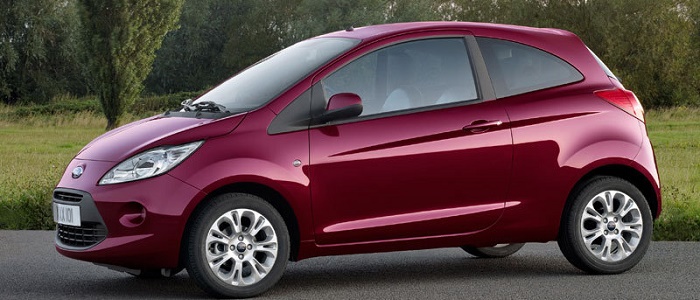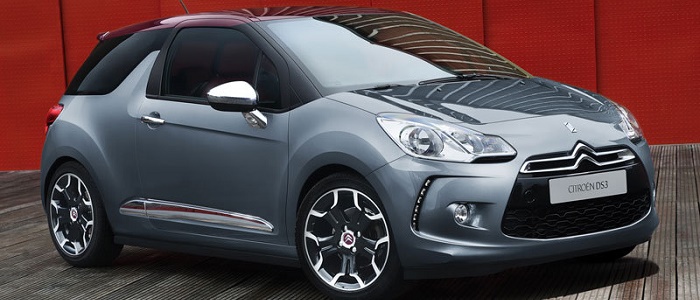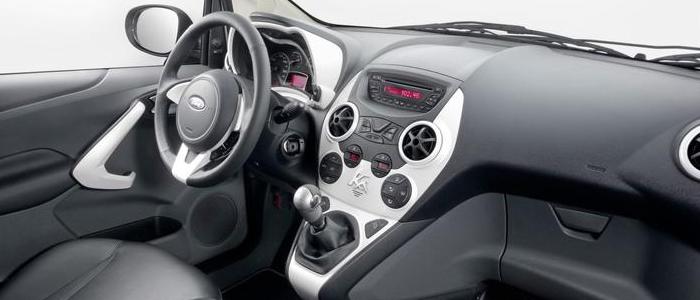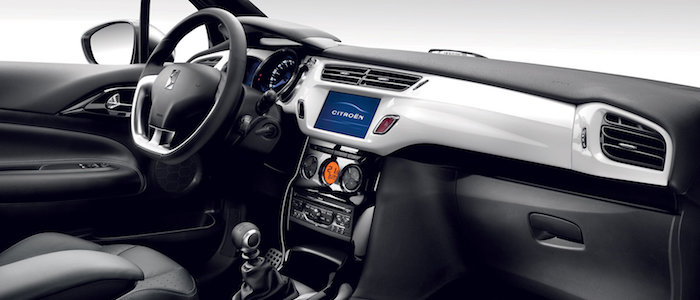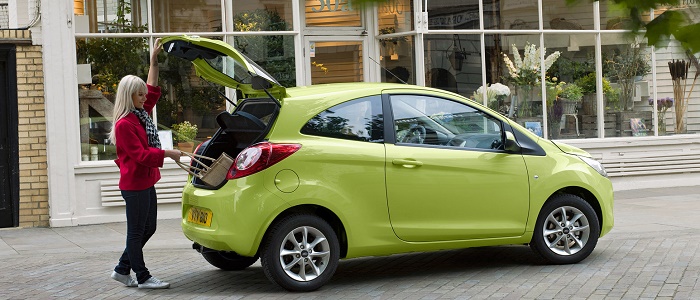Compare two cars
Compare any two cars and get our Virtual Adviser™ opinion
Dimensons & Outlines
Check vehicle history
Engine
Performance (manual gearbox)
Performance (automatic gearbox)
Expenses
Virtual Adviser's™ opinion
We are here considering two somewhat similar cars, but we can't deny some of the obvious differences. For a start, they are not even classified under the same segment, with the Ford being a micro car and the Citroen representing city car vehicle class. The first one has a FIAT-engineered powertrain under the hood, a 4-cylinder, 8-valves 69hp unit, while the other one gets its power and torque from a 3-cylinder, 12-valves 82hp engine designed by Peugeot.
SafetyBoth vehicles got tested by European New Car Assessment Programme (Euro NCAP), with the Citroen being a slightly better choice apparently. Still, apart from the official crash test results there are other things we need to be aware of. The second vehicle is a city car and that gives it a marginal advantage over the micro car competitor, at least that's what statistics show. Furthermore, taking kerb weight as an important factor into account, the French car offers a considerable difference of 25% more metal.
ReliabilityI don't like generalizing things when it comes to reliability, although it does seem that Ford does have a slight advantage, at least on all of the models level. That's the official data, while our visitors describe reliability of Ford with an average rating of 4.4, and models under the Citroen badge with 4.0 out of 5. Some independent research have also placed Ka as average reliability-wise, and DS3 is more or less at the same level.That apart, owners of different cars powered by the same engine as the American car rank it on average as 4.0, while the one under the competitor's bonnet gets 4.3 out of 5.
Performance & Fuel economyCitroen is a bit more agile, reaching 100km/h in 0.9 seconds less than its competitor. In addition to that it accelerates all the way to 174 kilometers per hour, 15km/h more than the other car. When it comes to fuel economy things look pretty much the same for both cars, averaging around 4.7 liters of fuel per 100 kilometers (60 mpg), in combined cycle.
Verdict
Ford appears just a bit more reliable, although the difference is truly marginal. The most important thing when deciding between any two vehicles should always be safety, both passive and active. In my opinion, everything taken into account, the French car beats the other contender by far, making it the best choice without even considering other things. It all continues in the same direction, with Citroen outracing its opponent in any situation possible, making it better choice for boy racers. To make things even better, it consumps less fuel! All together, there's not much more to say, in this case I wouldn't even consider anything but Citroen. In any case that's my personal view, built upon all the data available to me. What should decide here though is the way you feel about the two vehicles, and I hope you'll find my guidelines useful in the process. Also, you could use the oportunity to find out which car, everything taken into account, would be the perfect choice for you in the eyes of the virtual adviser™, among thousands of similar, yet so different vehicles.
Related articles
Women and cars... Cars and women... Without the two life doesn't make much sense, does it? And yet, they often don't blend that well together. Having this in mind I decided to, from time to time, draw attention to some of the models tailored for our better halves...























